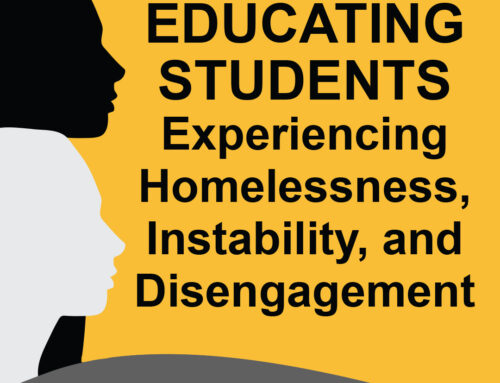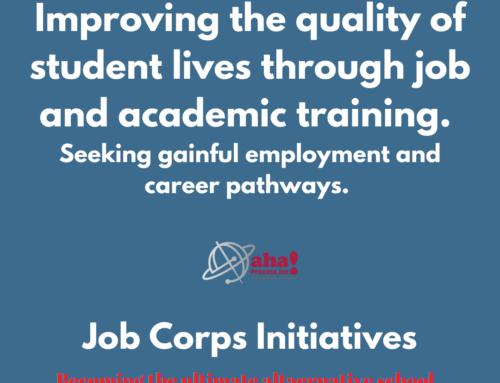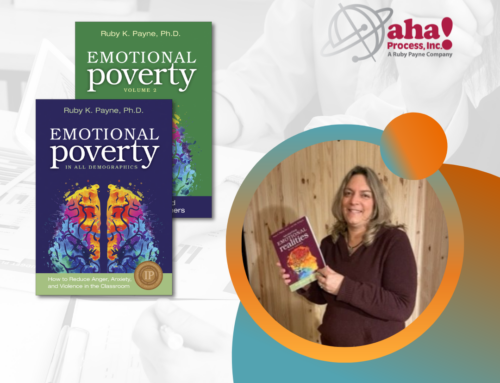I was recently invited to breakfast with a group of thoughtful, talented, and committed educators for a conversation with a retired businessman who now sits on the board of a foundation. After talking about education in general (NCLB, high school reform, unions, etc.), the conversation shifted to the question he really wanted to ask: Can fundamental reform of schools be accomplished within the current system? He made the point that we’ve been at this for over 20 years and not much has changed. There are schools and programs to be proud of, for sure, but nothing substantial and across the board. School is still pretty much school.
This man is also a volunteer in schools and has been for some time. He not only volunteers to help third-graders read, but also speaks frequently to high school kids about business matters. What gnaws at him are the vacant, bored student eyes he observes in high school classes. So he’s asking: What can we do, what can be done, how do we make things more interesting, relevant, and engaging? How do we put the light back into their eyes—the excitement? It reminded me of a conversation I had with a friend of mine years ago when he reported that his son, an A student who is now a successful city planner, expressed restlessness at having to stay in high school too long.
Not long after our meeting I read this thoughtful post by Scott McLeod on his blog Dangerously Irrelevant. McLeod is erstwhile professor at the University of Minnesota, now headed for a university position in Iowa, and asks the same question as the executive above: Why haven’t schools changed? It seems clear from the post and the Phi Delta Kappan article he references that there is little consensus about what schools should do or how to get desired results. So while the world is changing in monumental ways, schools seem incapable of responding by reforming themselves. The question is important because of all of the energy and work that “reformers” generated to make schools better for human beings and more effective learning organizations. If you conclude that fundamental and lasting change is impossible, what’s the next step? Another drive-by in-service for teachers? If you conclude that change is possible, the question I have is why are there so few successes to point to, and when will success occur on a broad scale? After all, we have been at this for some time. Do we lack ideas about what to do? Or is the system locked down so tightly that no one, no organization, can move?
I’ll end with a quote from Andy Hargreaves’s excellent and thought-provoking new book, Sustainable Leadership. “The overall evidence is not uplifting. The vast majority of reform efforts and change initiatives—even the most promising ones—are unsustainable.” We just aren’t seeing the sustainable change we want.
What do you think? A little conversation around this point may shed some light on the problem.
-Walter “Skip” Olsen








